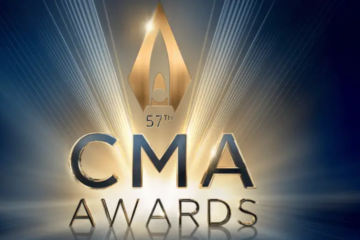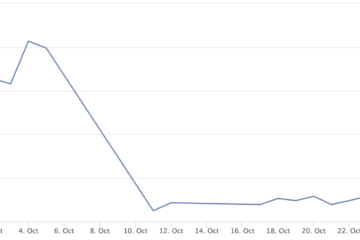Today, I am going to discuss digital and social media marketing within the music Industry. I want to emphasize that this blog is entirely based on personal opinions and information I have learned throughout my classes and experience in the industry. There may be varying perspectives on this topic. I simply aim to share my thoughts on the rise of digital and social media marketing replacing radio promotion as the largest promotion strategy for songs and artists. I also want to discuss why labels should be spending less money on radio, why there is a drop in consumers using radio as their #1 source of music and entertainment, and why digital marketing is replacing these strategies. Keep in mind that these insights may resonate with you or may not – it is all part of the diverse world of the music industry and perspectives! With that being said, lets dive in!
The History of Radio and Social Media
Since the invention of the radio in 1901, it has served as the public’s primary and trusted source for current information. Just five years later, the first radio broadcast for entertainment and music occurred in 1906. For well over a century, spanning more than 100 years, radio has remained the predominant conduit for music and entertainment. This was until the creation of television in 1927, and then August 1, 1981, MTV aired, the very first music television channel. Now, why am I giving you a history lesson on entertainment sources? It is because undoubtedly, the essence of innovation lies in the inevitability of change and the subsequent need for adaptation. In contemplating various inventions, a shared foundation becomes evident. Whether it is the radio, television, or other modern counterparts, they each share a common denominator. They function as vessels for the dual purposes of advertising and entertainment. Their role as platforms has and always will be to promote.
TV and radio reigned as the primary sources for advertising and music until the landscape shifted in 1983 with the invention of the internet. From the internet, emerged email, paving the way for the digital distribution of music, and eventually evolving into the modern-day streaming and social media channels.
Social Media
The transformative impact of social media on marketing is undeniable. It has revolutionized the way we promote products, introducing an array of channels and online communities where individuals can connect based on shared interests. Social media ads, equipped with the ability to track user likes and interests as they scroll or search for a product, have ushered in a new era of highly personalized advertising on phones and computers. This level of personalization serves as a potent tool for marketers, ensuring maximum exposure by tailoring content to individual preferences.
Digital Marketing VS.Traditional Radio
Digital Marketing offers benefits that traditional radio does not. It enables artists to reach a global audience without geographical limitations. Unlike radio, which has a local or regional reach, digital platforms allow musicians to connect with fans worldwide. Digital marketing also allows for precise targeting based on demographics, interests, and online behavior. This targeted approach ensures that promotional efforts are reaching the most relevant audience, increasing the chances of engagement.
Digital marketing can be more cost-effective than traditional radio advertising as well. Online platforms provide various budget options, and artists can choose to spend on campaigns that suit their financial resources. Digital marketing can also provide detailed analytics and insights into campaign performance. Artists and their teams can track metrics such as reach, engagement, conversion rates, and more. This data-driven approach allows for the optimization of marketing strategies in real-time.
Digital platforms enable the creation of interactive and engaging content, such as social media polls, live streams, and interactive stories. This helps build a stronger connection between artists and their fan base. Artists can leverage social media platforms to connect directly with their audience, share updates, and build a community around their music. This direct engagement is often more personal and immediate than the one-way communication of radio.
Lastly, digital platforms can also offer on-demand access to music. Fans can listen to their favorite songs whenever they want, providing a level of convenience that traditional radio might not offer. Digital marketing allows for a variety of content formats, including videos, images, blogs, podcasts, and more. This diversity enables artists to showcase their personality and creativity in different ways, enhancing their overall brand. Digital marketing campaigns can be easily adjusted and adapted based on the performance data. This flexibility allows artists to refine their strategies in response to changing trends or audience preferences. Through digital platforms, artists can directly sell their music, merchandise, and concert tickets. This direct-to-fan approach can be more lucrative compared to relying solely on radio exposure.
Conclusion
Let me know your thoughts and questions in my Contact Me form!
Remember to fill out my Follow Me form to stay up to date on current news!
Follow my socials below!


